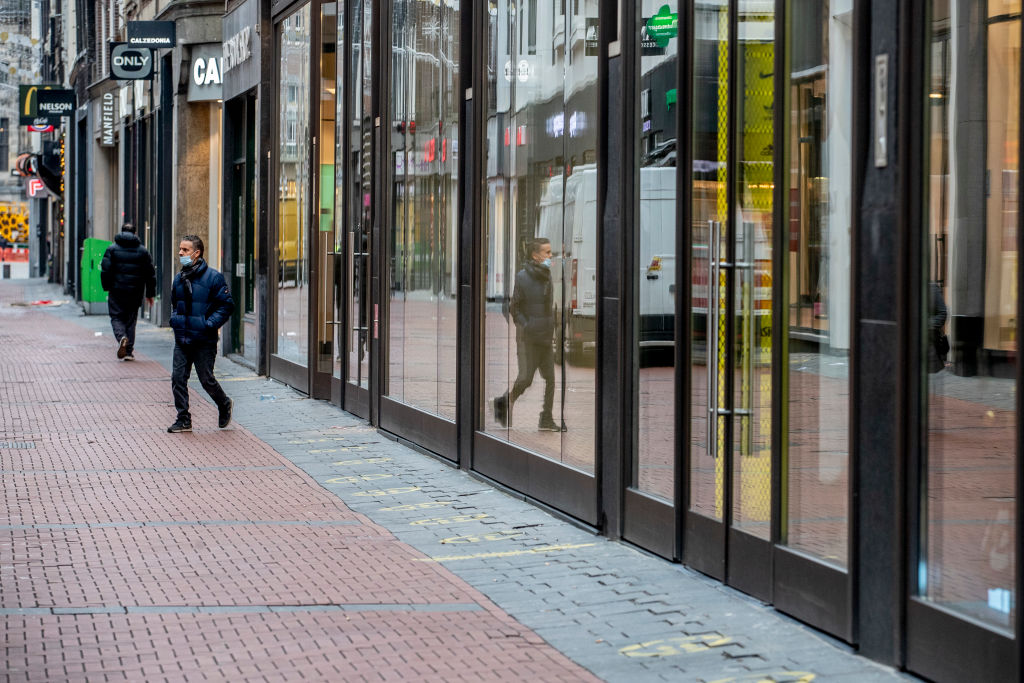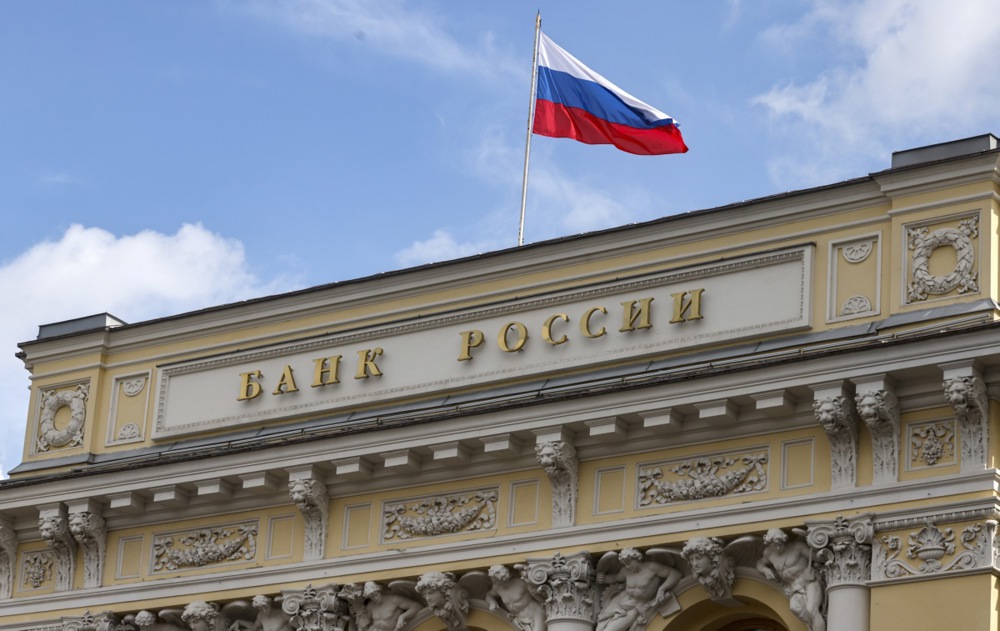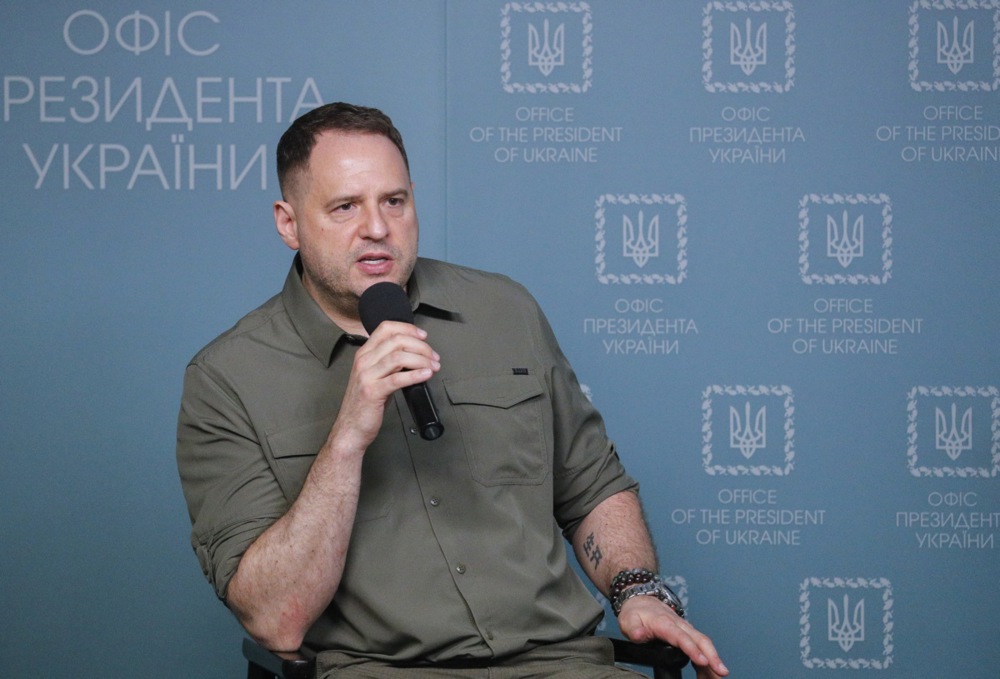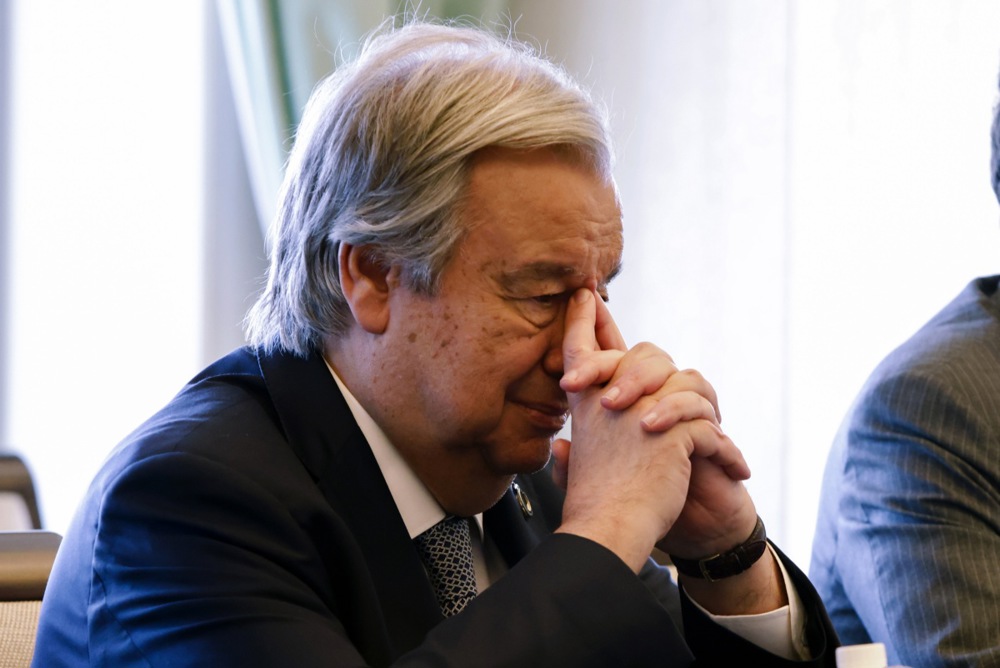On August 16, Switzerland’s Federal Council decided to embrace the 11th package of sanctions imposed by the European Union on Russia in response to the invasion of Ukraine.
This now fully aligns the traditionally neutral Switzerland with the EU.
At the end of June, Switzerland partially implemented a package of EU sanctions, leading to the addition of more than 100 individuals and legal entities to its blacklist.
One of the new restrictions that has now gone into effect is a ban on the export of dual-use goods and items that could aid military and technological reinforcement in Russia.
“In response to Russia’s ongoing military aggression against Ukraine, as well as Russia’s continued destabilising actions that undermine Ukraine’s territorial integrity, sovereignty and security, the EU adopted new measures against Russia on June 23,” the Federal Council said in a press release on August 16.
The package encompasses more stringent sanctions on financial instruments and focuses on “dual-use” technology, which can serve both civilian and military purposes.
While Switzerland is broadening its sanctions, the government is implementing humanitarian and business-withdrawal exemptions – meaning companies can exit Russia – similar to those adopted by the EU.
The sale of certain intellectual property rights and trade secrets to Russian entities will be forbidden, as will the sale of substances that could be used in chemical weapons.
Under the previous Swiss sanctions package, the sale of securities denominated in Swiss francs or EU currencies to Russian individuals was already prohibited. In the revised package, the sale of securities to Russian individuals in any currency is now prohibited.
The Swiss Federal Council emphasised its close coordination with the EU in terms of both sanctions and enforcement measures.
“Effectively stopping attempts to circumvent sanctions requires close international coordination. Switzerland is closely following international discussions on this topic and is working closely with the EU and other partners,” the council said.
“It participates in a wide variety of meetings and formats, for example in various subgroups of the EU Freeze and Seize Task Force, the Sanctions Coordinators Forum in Brussels in February, the Switzerland-UK Sanctions Dialogue and the EU-Switzerland Sanctions Dialogue in April. ”
Earlier this year, Switzerland returned 14 million Swiss franc (€14.6 million) to three Russian individuals sanctioned in the US and other Western countries in a case connected to the death of Sergei Magnitsky. Magnitsky was a Moscow lawyer and tax auditor hired to investigate a particularly murky case of political corruption when he died in custody in 2009. The controversial decision to return the cash was heavily criticised.
The Swiss government is planning to send millions of dollars back to 3 Russians with close ties to Vladimir Putin and who have been tied to the death and torture of Sergei Magnitsky.
I have urged @SecBlinken to demand reassurances these funds will not be returned to Russia. pic.twitter.com/uvjrZSQATo
— Senator Roger Wicker (@SenatorWicker) February 1, 2023





